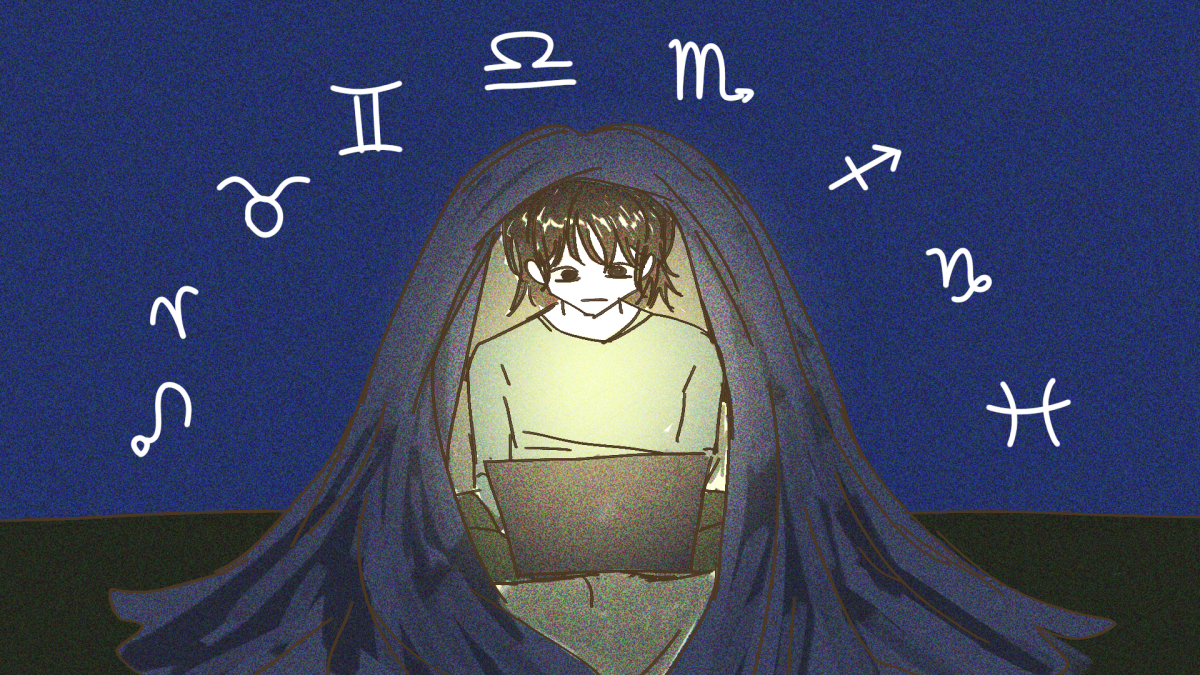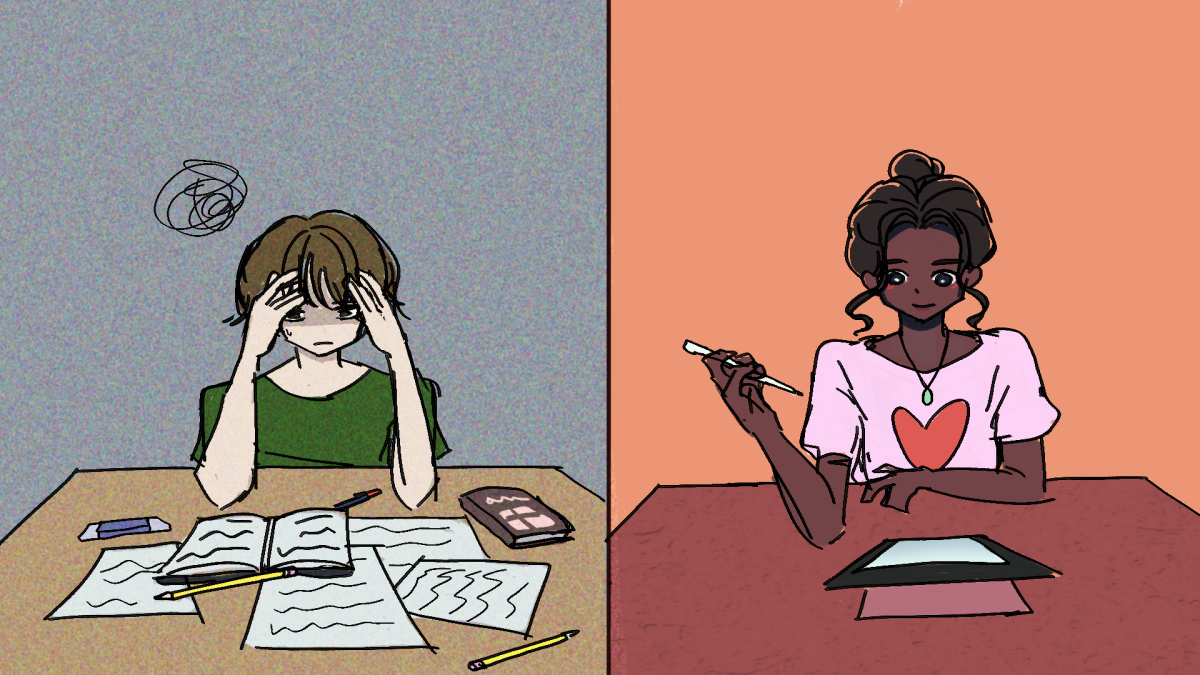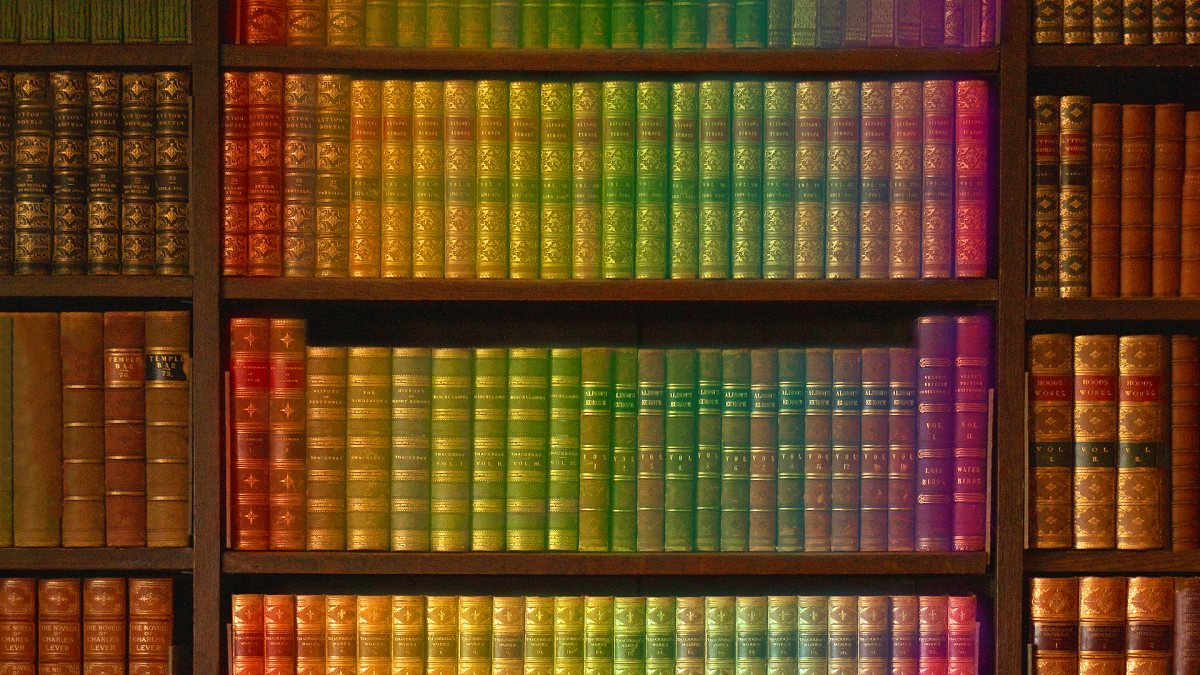If you’ve ever spent time surfing the depths of the web, chances are that you’ve stumbled across a quiz or horoscope promising to tell you something about yourself. Maybe it’s as simple as which Hogwarts house you belong to, or maybe it’s as absurd as finding out which bread type you’re most like.
We may fill these out jokingly, but often, we secretly hope for answers that speak to us, revealing a positive trait or emphasizing a characteristic we admire in ourselves. When we share these results, it’s like an echo chamber of validation as we ask, “Do you see it, too?”
Why are we so obsessed with being told who we are?
Lauren Schneider, a third-year studying biological sciences, enjoys looking into horoscopes and personality quizzes with her friends. She attributes their popularity to the aftermath of the COVID-19 lockdown.
“We’re in a generation where people feel lost all the time, and COVID-19 was a part of it,” Schneider said. “It’s so easy to go down the rabbit hole after seeing people on Instagram or TikTok doing all those things.”
While trivial questions such as “What type of bread are you?” don’t carry much meaning for Schneider, she still finds value in the spiritual aspect.
“It gives me the drive to keep doing that thing and keep going that way,” Schneider said. “So it can have an impact.”
A 2024 survey from the Pew Research Center found that 30% of U.S. adults say they consult astrology, tarot cards or a fortune teller at least once a year, even if it’s just for fun.
Likewise, in 2022, “Spotify Wrapped” caused over 425 million posts on X, formerly known as Twitter, in just three days. The feature gives users a yearly recap of their listening history, including a “music personality” score. Many celebrated seeing their true music tastes reflected while others expressed disappointment with results that didn’t feel accurate.
The popularity of “Spotify Wrapped” has inspired other platforms, like Letterboxd and Reddit, to implement similar “year-in-review” features, giving users a sense of cathartic relief when their curated online activity aligns with a neatly-packaged personality or aesthetic.
It seems that now, more than ever, people are outsourcing their sense of self from algorithms, memes and random quizzes.
This is partly because carefully defined personal aesthetics have become extremely trendy. If yours isn’t neatly labeled, there’s pressure to borrow or bend until you can curate the perfect one. People can lose touch with their identity as who they are becomes less important than how well they can package their identity into a recognizable trope.
Of course, not every result carries the weight of consumer culture. Sometimes, it really is just harmless fun to see how accurate or inaccurate astrology and online quizzes can be. Sometimes it’s just a way to keep the conversation going.
Himani Dhillon, a first-year studying science, technology and society, dabbles in online quizzes for fun, but doesn’t take them seriously. She says that the best source on who we are is ourselves.
“I think people want to be able to understand themselves better and they try to do that by consulting an outside source,” Dhillon said. “But, honestly, there’s nothing that can tell you how you are, what you are or who you are other than yourself.”
At the end of the day, quizzes, horoscopes and personality tests offer insight, reassurance and sometimes just a good laugh. But they also reveal something about the culture of uncertainty surrounding identity.
Whether you’re a Slytherin, a Hufflepuff, a baguette, a bun or an Aries, what matters is feeling seen. And until we can answer the question of who we are for ourselves, even the silliest quizzes will do.




